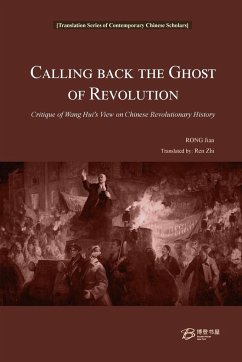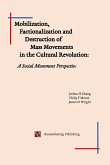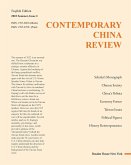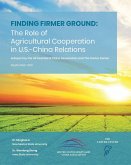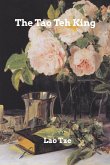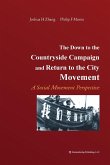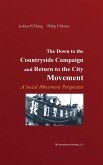At a time when China is once again facing a major turning point in its direction, I firmly believe that my academic dispute with Wang Hui is in no way a personal or left-right dispute. Wang Hui's grand narrative about the Chinese revolution and the Chinese century is meant to provide a new legitimate basis for one party to rule forever, to place world history in the value system of the Chinese revolution, and to shape the Chinese revolution and its regime into the ultimate source and ultimate judge of universal justice in the world. There is no doubt that Wang Hui's new theoretical proposition is not only far from the basic idea of liberalism, but also far from the political democratic position that the Western left-wing tradition has always insisted on. Since liberal scholars have automatically given up head-on confrontation with Wang Hui, it is time to end Wang Hui's theories, which have never been subjected to comprehensive and systematic academic criticism in China's intellectual and intellectual spheres for nearly thirty years. Therefore, at such a time, it would be an unforgivable dereliction of duty for liberals to fail to take the initiative, as Raymond Aron did, to undertake the historical mission of criticizing barbaric ideologies-totalitarianism and statism- and to hold fast to the basic virtues given to intellectuals by providence. As Arendt said, "the storm of ideas is not characterized by knowledge, but by the ability to distinguish good from evil, beauty from ugliness. And this may indeed prevent disaster in that rare moment of crisis."

